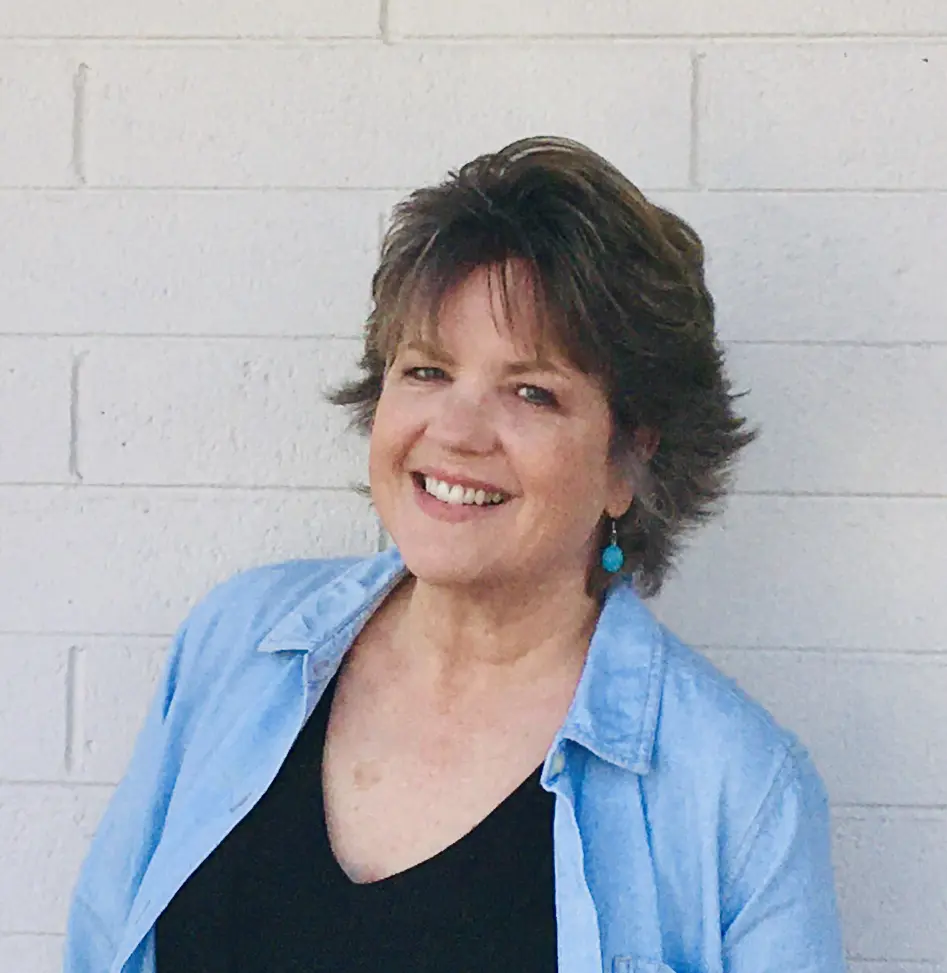A shift of vision ~ healing for CPTSD
Secure attachment is the healthiest form of attachment. Securely attached children feel protected and have someone to rely on. In adulthood, secure attachment develops high self-esteem, long-term healthy relationships and an increased ability to trust others for support.
I lay in bed with my eyes shut tight. At five years old, my fear of the dark was like a living thing—inescapable and all-consuming. The old farmhouse of my childhood creaked and groaned adding a strange, threatening sound to the dark. Too frightened to open my eyes, crickets marked the passing minutes while the smell of damp grass wafted through the open windows. There was nowhere to turn and no one to ask for help. If I got out of bed, no matter the reason, punishment would follow.
Earlier, my older brother had whispered revelations that didn’t seem so bad in the light of day. Now that the night had come, his pronouncement was terrifying. “Be careful,” he had counseled,” his breath smelling like cheese whiz and crackers. “If you see the lights of passing cars at night, it’s for sure you’ll have a nightmare.” I watched his nostrils flare as he nodded his head with conviction.
Now here I was scared to death. At the sound of an approaching car, I squeezed my eyes even tighter. I didn’t need any more nightmares. The ones I lived through all day long were bad enough. I don’t know where my brother had heard such a tall tale, but in trying to warn me, he had only added to my fears.
Children who live through years of abuse, threats, intimidations, and physical harm suffer from something called CPTSD—Complex Post Traumatic Stress Disorder. Instead of one traumatic event, an adult with CPTSD must deal with the trauma that occurred throughout the foundational years of life. Ingrained patterns and narcissistic behavior do not end when a child turns eighteen, either. The abuse of my family system only stopped when I walked away in my mid-50’s. And still, I was left with the after-effects of CPTSD.
When childhood trauma symptoms take over, it is as if no time has passed at all. I am frozen in the terror of the past. Depression, anxiety, nightmares, emotional dysregulation, exhaustion, sleep problems, dread, and feeling under threat describe just a few of the symptoms. For years, the only way I could cope was to shut my eyes and power through life. I finally reached a point where the darkness became too deep and the groans from trauma too loud to keep them at bay.
How in the world do you heal from such a mess and step back into life? How do you rescue the little child you were from such terrible suffering? It takes a shift in vision. And the first step is to create a place of safety for yourself as an adult. This sends a message to the trembling, terrified child that it is okay to open your eyes. The passing car lights can’t hurt you anymore.
Working toward a stable living situation and pursuing relationships that offer secure attachments are two gigantic steps toward this goal. It is only from a position of safety that you will be able to dismantle the trauma of the past. The old systems, my beliefs, my thought patterns, behaviors, reactions, and even my opinions all needed a shift in vision. And that shift is what it means to defy trauma and embrace joy.
Sign up for my weekly newsletter, videos, and free worksheets at: https://authorrebekahbrown.com/
Guest Post Disclaimer: Any and all information shared in this guest blog post is intended for educational and informational purposes only. Nothing in this blog post, nor any content on CPTSDfoundation.org, is a supplement for or supersedes the relationship and direction of your medical or mental health providers. Thoughts, ideas, or opinions expressed by the writer of this guest blog do not necessarily reflect those of CPTSD Foundation. For more information, see our Privacy Policy and Full Disclaimer.

Rebekah Brown, a native of the south, now resides in the Great American West. Surviving a complicated and abusive family system makes her unique writing style insightful as well as uplifting. Rebekah is the proud mother of two and grandmother of four.



